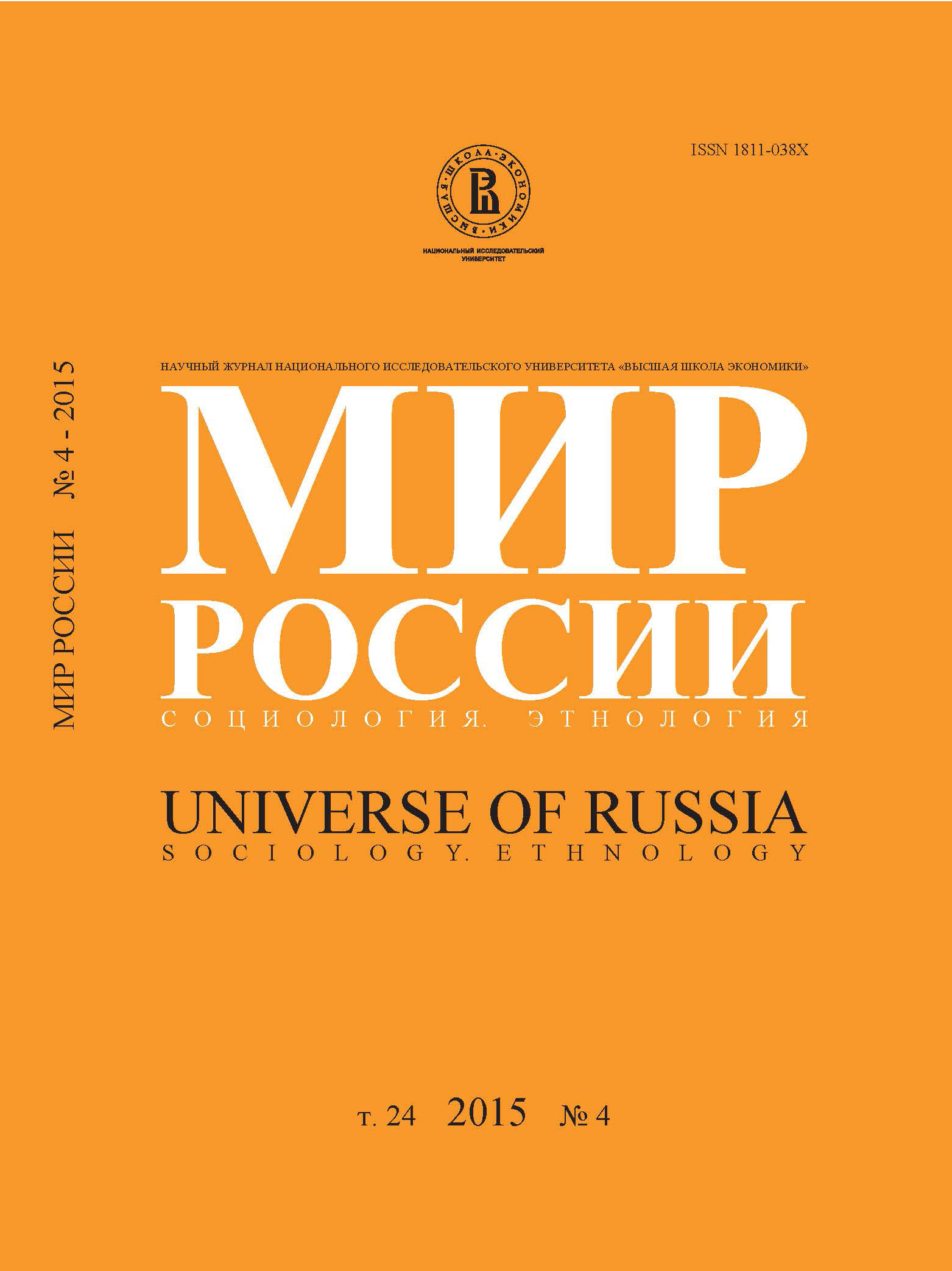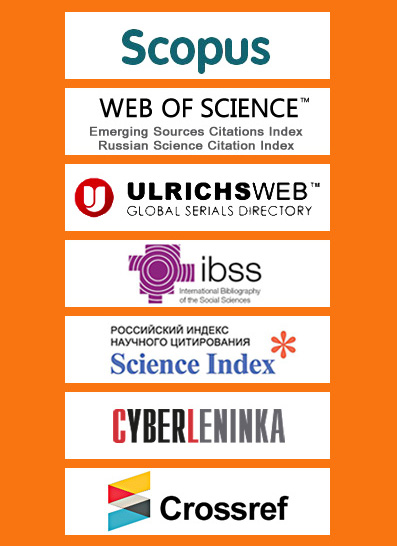«Неформальное здравоохранение» в современной России и факторы его развития (по материалам пилотного исследования)
Аннотация
Крашенинникова Юлия Александровна – эксперт, Лаборатория муниципального управления, НИУ ВШЭ; доцент, Департамент менеджмента, НИУ ВШЭ (Пермский кампус). Адрес: 101000, Москва, ул. Мясницкая, д. 20. E-mail: decrua@gmail.com
В современной России за рамками официальной системы медико-санитарной помощи населению существует множество замещающих или дополняющих ее практик поддержания здоровья и обслуживающих их экономических агентов. С учетом содержательных проблем термина «альтернативная медицина» в статье предлагается рассмотреть данную сферу как «неформальное здравоохранение», сфокусировав внимание на деятельности поставщиков товаров и услуг, к которым обращаются люди для решения проблем со здоровьем. С опорой на результаты глубинных интервью и наблюдений, проведенных в рамках пилотного социографического исследования в Пермском крае, показано, как меняется ситуация в «неформальном здравоохранении» в зависимости от размера и статуса населенных пунктов. В целом, города, где выше уровень доходов населения и более развита социальная и досуговая инфраструктура, оказываются более благоприятной средой для развития «неформального здравоохранения», чем сельская местность, вопреки тому, что на селе качественные медицинские услуги менее доступны. Исключение составляют поселения с особыми природными и иными ресурсами, обеспечивающими постоянный поток туристов.






